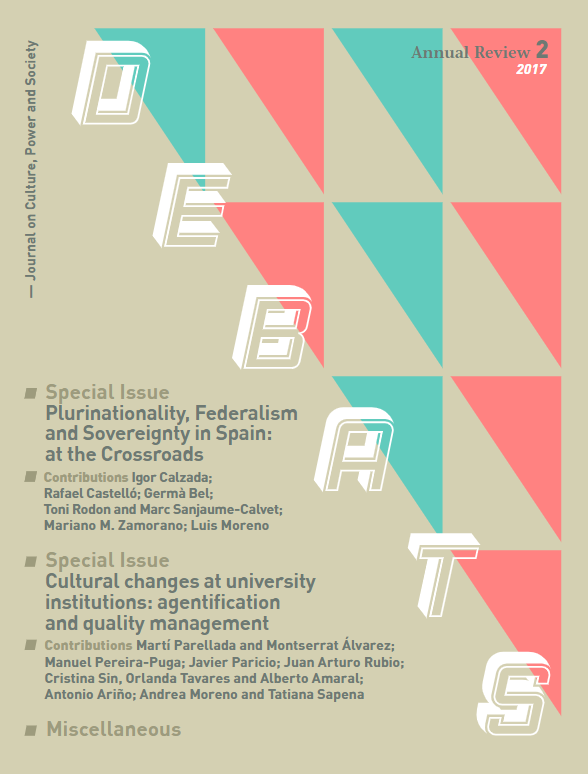Reputation and rankings
Resumen
Over the last decade global rankings of universities have begun to grow in importance allowing national and international comparison of higher education institutions. In fact, they are already at the heart of public discussion about the role of universities in our societies because they provide a way of measuring and comparing the quality and results of these institutions and thereby, influencing their reputation. The most important of these rankings (such as the Academic Ranking of World Universities, Shanghai Ranking, Times Higher Education World University Ranking, and QS World University Ranking). All of these put universities into a league table where the ranking of a given institution is based on a composite score that reflects the weights of several individual indicators. This article reviews the methodology of three rankings, focusing on their limitations and weaknesses (such as over‑stressing research or their subjectivity in setting specific weights for each individual indicator). Finally, we present the U‑Multirank, promoted by the European Commission, which seeks to overcome the limitations of traditional rankings. It is an alternative way to rank universities, based on their performance as gauged by a wide number of indicators in five dimensions—(1) Teaching and Learning; (2) Research; (3) Knowledge Transfer; (4) International Orientation; (5) Regional Engagement—and in several subjects.Descargas
Descargas
Publicado
Cómo citar
Número
Sección
Licencia
Sin perjuicio de lo dispuesto en el artículo 52 de la Ley 22/1987 de 11 de noviembre de Propiedad Intelectual, BOE del 17 de noviembre de 1987, y conforme al mismo, los autores o autoras ceden a título gratuito sus derechos de edición, publicación, distribución y venta sobre el artículo, para que sea publicado en Debats. Revista de cultura, poder y sociedad.
Debats. Revista de cultura, poder y sociedad se publica bajo el sistema de licencias Creative Commons según la modalidad «Reconocimiento - NoComercial (by-nc): Se permite la generación de obras derivadas siempre que no se haga un uso comercial. Tampoco se puede utilizar la obra original con finalidades comerciales».
Así, cuando el autor o autora envía su colaboración, acepta explícitamente esta cesión de derechos de edición y de publicación. Igualmente autoriza a Debats. Revista de cultura, poder y sociedad, la inclusión de su trabajo en un fascículo de la revista para que se pueda distribuir y vender.











